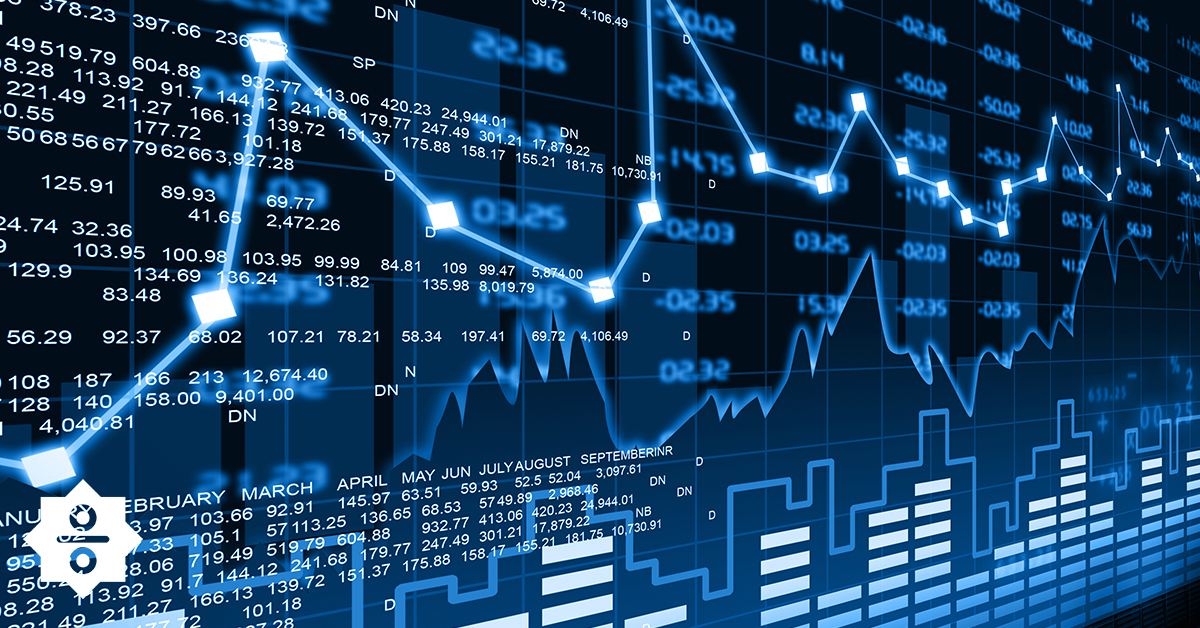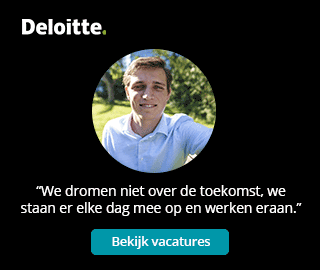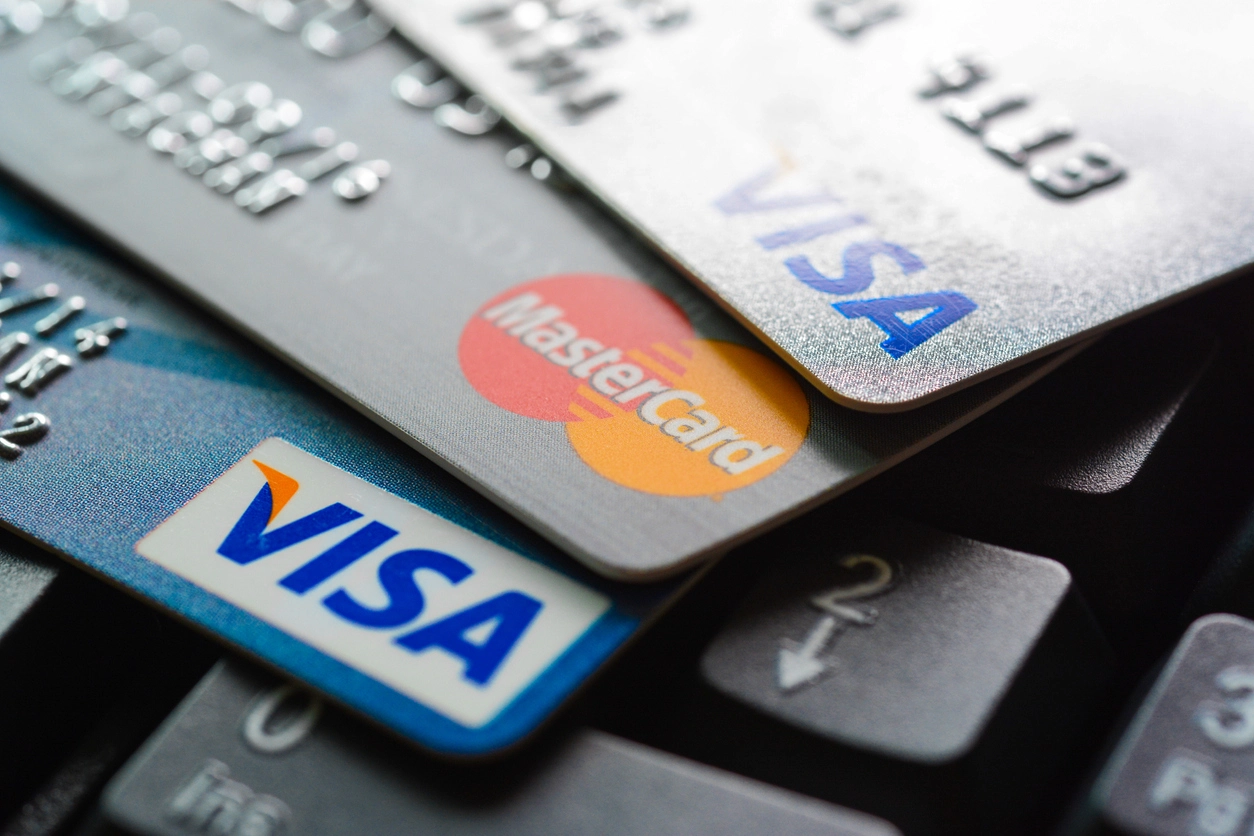For the Dutch version, click here. They are two companies you don't often think about, but they are essential to your daily life. Every time you

For the Dutch version, click here
Introduction
Ever since Michael Lewis released his famous book ‘Flash Boys’ back in 2014, High Frequency Trading (HFT) has been a topic often discussed by investors. Although this is not a fairly new form of trading (some argue that it began in the 1930s), a lot of people and especially many retail investors are still not acquainted with this concept. This has left retail investors and people unfamiliar with the financial markets often questioned during the COVID-19 pandemic. What is High Frequency Trading? And what is so special about it during the COVID-19 pandemic?
In this article Faces discusses with professional insight from Quirien Raat what High Frequency Trading is all about and what implications it has for the market during COVID-19.
High Frequency Trading
High Frequency Trading (HFT) is a type of algorithmic financial trading strategy that traders use to try to gain ‘alpha’. It is a strategy where devices and algorithms try to be the fastest in executing an order. This is where high volumes and low margins come into play. HFT does not only capture arbitrage in the market, it also helps to keep the market less volatile and provides liquidity to the market.
Furthermore, HFT is a type of strategy used within market making. A company that continuously buys and sells shares at a listed price is considered a ‘market maker’. Even though the main emphasis of HFT is on speed, a market maker does not necessarily have to be fast. They can execute their orders manually and still be profitable.
Nevertheless, the theory of HFT can sometimes be a little hard to understand in just one sitting. Thus, in order to gain more insight into this, it is important to take a look at a practice scenario of HFT.
Flow Traders
Quirien Raat, alumnus of Tilburg University and currently trader at Flow Traders N.V., guides us through the world of HFT at Flow Traders.
Flow Traders was established in 2004 by Jan van Kuijk and Roger Hodenis and has since grown into an entity with a market capitalisation of approximately € 1.5 billion (per May 2020). Although many people know that Flow Traders is an active player in the HFT-market, this is actually not their primary activity. Flow Traders can be considered more as a market maker and executes multiple strategies as a market maker, of which HFT is one.
As a market maker, Flow Traders mainly focuses on the so-called Exchange Traded Products (ETP). The best known of these are the Exchange Traded Funds (ETFs). These are the ‘trackers’ of the market. The AEX, for example, is an index of the Dutch market of which many ETFs are created and distributed. This implies that the value of the ETF should be in line with the sum of the value of the underlying shares, but this is seldom the case. Hence, how does Flow Traders respond to this as a market maker? Quirien mentions the following: “Flow Traders ensures that the market is efficient and is brought back into balance. We do this by providing a bid and sell price at all times around the actual value of an ETF.” Though, this might stir up questions such as: what’s it like to keep the market in balance during the COVID-19 period? How does Flow Traders deal with such volatile fluctuations?
COVID-19
To date, 2020 must have been one of the most frantic years in modern history. Revenues have declined to levels never seen before and the unemployment rates around the world has been reaching new records. In addition to this, COVID-19 has had a huge impact on the stock market, especially at the start of the outbreak when many investors experienced a huge sell-off. With so much uncertainty and volatility on the market, this is exactly where Flow Traders comes into action as a market maker. “During such a highly volatile market, the price of the underlying stocks and related ETFs fluctuates enormously”, says Quirien. “Even in such situations, investors still want to keep trading. However, everyone wants to sell their securities and this causes the prices of ETFs to sink. Though, Flow Traders has the ability to then buy these ETFs, split them up and subsequently sell the shares separately. This then leads to the case that some people will still buy these stocks separately, thus preventing the ETFs from becoming worthless. Shortly, by continuously displaying bid and sell prices to the market for ETFs, volatility is curbed and this market then remains in balance.” This operating mechanism has led Flow Traders to realise a high operating result last quarter. Yet, one might assume that this would have been due to an increase in trading on the market. However, according to Quirien,it is not only due to the higher volumes in the market. “It is also due to the larger margins created by the increased volatility and uncertainty on the market.”
“We don’t invest in stocks that ”add value”. We don’t keep a portfolio and our business model isn’t about having a long-term vision.”
But if the market plummets, doesn’t Flow Traders’ market positions cause a negative operating result? No, this is not the case. Due to the fact that Flow Traders hardly holds positions for a long period of time, they are hardly sensitive to price changes in equities. “We don’t invest in stocks that ”add value”. We don’t keep a portfolio and our business model isn’t about having a long-term vision.”
HFT is an essential part of market making during the COVID-19 period. Though, it is certainly not the case that everyone could easily start implementing this strategy in a short period of time. First of all, you need a large amount of capital to invest in top-of-the-line devices that can run your algorithms at an extraordinary speed to make sure that you are (one of) the fastest traders on the market. Next, according to Quirien, you would also need a special license to act as a market maker. And last but not least, “it requires a lot of knowledge of the market and a large network of companies with whom you can collaborate.” HFT is therefore not for every company or person, but one can certainly learn this. “Also, don’t forget that it took Flow Traders 16 years to be where it is today,” says Quirien.
Future
Nevertheless, times are still uncertain and it is unlikely to get better for now. Vaccine trials are still in their early phases. With Europe now slowly recovering, many still fear a second wave. Many people say that it is not a matter of if but rather a matter of when the next wave will hit. Chances are that markets will become very unstable again when this happens. But once this happens, we can assume that the volatile voyage on the market will have fewer larger waves thanks to companies such as Flow Traders.
Are you a student who is interested in investing and who is curious about how it is like to be part of an investment committee? Take a look at this article of A&F Investments!






















